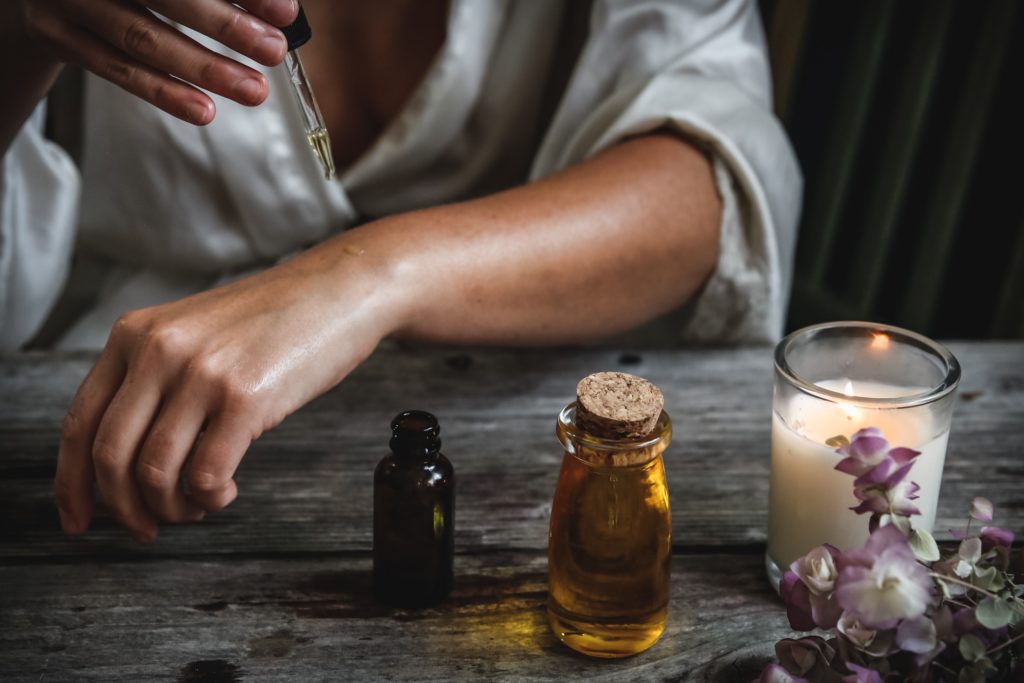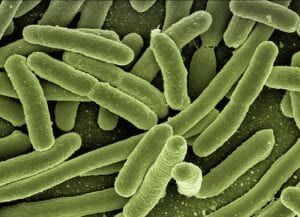Also known as Whitmore’s disease, melioidosis is a rare and deadly infectious disease. While rare in the United States, melioidosis is considered a public health crisis in northern Australia, Southeast Asia, and tropical climate areas. However, an aromatherapy spray sold at Walmart in the U.S. was recently linked to four different cases of the disease. According to KHOU 11, the Better Homes & Gardens Lavender & Chamomile Essential Oil Infused Aromatherapy Room Spray with Gemstones was contaminated with Burkholderia pseudomallei (B. pseudomallei). Now, two of the infected patients have unfortunately passed away due to disease complications.
The Aromatherapy Spray
Altogether, the contaminated spray was found in four separate states: Kansas, Georgia, Texas, and Minnesota. None of the infected patients, some of whom were children, were international travelers. However, the contaminated bottles – after being evaluated by the Centers for Disease Control and Prevention (CDC) – were found to have come in from India. The CDC is now testing other bottles of the spray to determine how widespread the contamination actually is. Additionally, the CDC must now determine whether the ingredient within the spray, which ultimately held B. pseudomallei, has been used in other products and distributed.
Due to the contamination and associated deaths, the aromatherapy sprays have now been recalled from eighteen various states. If you have purchased the Better Homes & Gardens spray, you should no longer use it. Rather than pouring the aromatherapy into your sink or toilet, Walmart is allowing customers to return the spray to stores (make sure to wrap it in at least 2 bags for safety) for their money back.
Melioidosis
According to MedicineNet, melioidosis is:
an infectious disease caused by a bacterium called Burkholderia pseudomallei (previously known as Pseudomonas pseudomallei). The bacteria are found in contaminated water and soil and spread to humans and animals through direct contact with the contaminated source, [and] are also of some concern as a potential agent for biological warfare and biological terrorism.
Risk factors for melioidosis infection include living in areas where it is a public health crisis, being on immunosuppressants, abusing alcohol, or having conditions such as diabetes, chronic lung or renal disease, thalassemia, or cancer. Symptoms associated with melioidosis infection include:
- Fever
- Cough
- Chest pain
- Abdominal discomfort
- Abscesses
- Respiratory distress (bronchitis, pneumonia)
- Appetite loss
- Disorientation
- Headache
- Shortness of breath
- Muscle and joint pain
- Cellulitis
- Seizures
Altogether, melioidosis is fatal in around 40% of cases.





